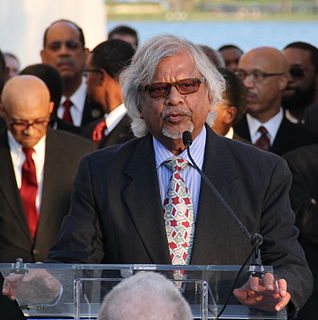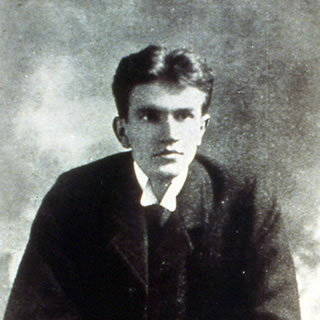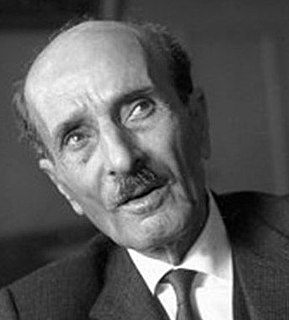A Quote by Mahatma Gandhi
What has appealed to me most in Tolstoy's life is that he practiced what he preached and reckoned no cost too great in his pursuit of truth.
Related Quotes
The old truth that Calvin preached, that Augustine preached, that Paul preached, is the truth that I must preach to-day, or else be false to my conscience and my God. I cannot shape the truth; I know of no such thing as paring off the rough edges of a doctrine. John Knox's gospel is my gospel. That which thundered through Scotland must thunder through England again.
The truth is that what the great religions preached, the Yiddish-speaking people of the ghettos practiced day in and day out. They were the people of The Book in the truest sense of the word. They knew of no greater joy than the study of man and human relations, which they called Torah, Talmud, Mussar, Cabala.
I started with [Leo] Tolstoy and I was overwhelmed. Tolstoy writes like an ocean, in huge, rolling waves, and it doesn't look like it was processed through his thinking. It feels very natural. You don't question whether Tolstoy's right or wrong. His philosophy is housed in interrelating characters, so it's not up for grabs.
Satyagraha is the pursuit of truth. My grandfather believed that truth should be the cornerstone of everybody's life and that we must dedicate our lives to pursuing truth, to finding out the truth in our lives. And so his entire philosophy was the philosophy of life. It was not just a philosophy for conflict resolution, but something that we have to imbibe in our life and live it all the time so that we can improve and become better human beings.
Youth is an intoxication without wine, someone says. Life is an intoxication. The only sober man is the melancholiac, who, disenchanted, looks at life, sees it as it really is, and cuts his throat. If this be so, I want to be very drunk. The great thing is to live, to clutch at our existence and race away with it in some great and enthralling pursuit. Above all, I must beware of all ultimate questions- they are too maddeningly unanswerable- let me eschew philosophy and burn Omar.
[Concerning the Word preached:] Do we prize it in our judgments? Do we receive in into our hearts? Do we fear the loss of the Word preached more than the loss of peace and trade? Is it the removal of the ark that troubles us? Again, do we attend to the Word with reverential devotion? When the judge is giving the charge on the bench, all attend. When the Word is preached, the great God is giving us his charge. Do we listen to it as to a matter of life and death? This is a good sign that we love the Word.
It is a common error, and the greater and more mischievous for being so common, to believe that repentance best becomes and most concerns dying men. Indeed, what is necessary every hour of our life is necessary in the hour of death too, and as long as one lives he will have need of repentance, and therefore it is necessary in the hour of death too; but he who hath constantly exercised himself in it in his health and vigor, will do it with less pain in his sickness and weakness; and he who hath practiced it all his life, will do it with more ease and less perplexity in the hour of his death.









































